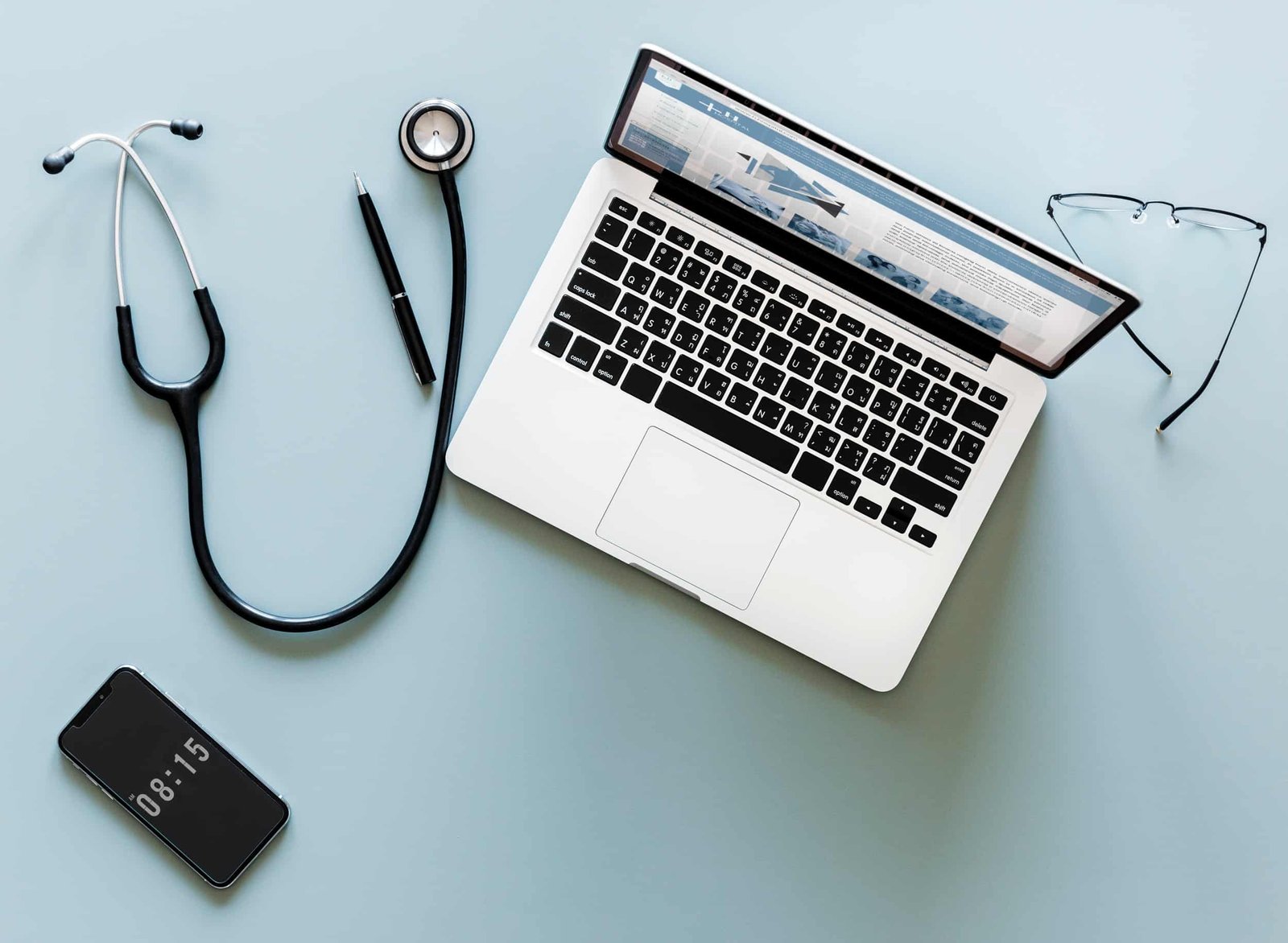
What is a Medical Coder?
A medical coder converts the healthcare diagnosis, procedures, and medical terminologies into universal medical codes. Medical coding is complex and detail-driven that includes central systems like ICD-10 (International Classification of Diseases) and HCPCS (Health Care Procedural Coding System).
These code sets are helpful to analyze the condition of a patient and explain the medical procedure in response to the particular situation. The medical coder should use the correct code that can be useful for a single time.
Becoming a medical coder is a promising career that many people want to adopt. Scroll down to get further information to learn about medical coders and their duties.
What is a Medical Coder?
A medical coder is an expert who translates physician’s reports into medical codes. These individuals work in a variety of settings, and they ensure that all patient information is accurate and consistent in coding form. After a medical coder examines a patient’s report, the insurance company processes the coding to pass the bill. The insurance company does not use a common language, but it processes its work through a set of specific codes related to specific medical procedures. Medical coders should be efficient enough to provide accurate and helpful information to insurance companies.
Where does Medical Coder Work?
You may know that medical coders work in hospitals. But there are some other settings where medical coders can work. It can be hospitals, clinics, urgent health care facilities, treatment centres, nursing homes, etc.

Besides, some insurance companies also hire medical coders to deal with patient claims and verify their accuracy. Also, some law firms sometimes employ a medical coder to identify billing fraud.
What are Important Medical Coding Skills?
Medical coders need different technical skills to succeed in this field. Also, they need to have transferable skills.
1. Top Technical Skills
- Customer billing
- Health information technology
- ICD-10
- ICD-9
- Clinical documentation
- Anatomy
- HCPCS coding
- Inpatient coding
- Outpatient coding
2. Top Transferable Skills
- Computer literacy
- Communication
- Microsoft Office
- Collaboration
- Research
- Organization
- Attention to detail
- Time management
- Analytical skills
- Problem-solving
How to Become a Medical Coder?
Do you intend to become a medical coder? Adopting medical coding as a future career is not difficult. You need an Associate’s or Bachelor’s degree in the science field, including some other credentials.
Read the guide below to know what education and skills you need to become a professional medical coder.
1) Required Education
First, to become a medical coder, you do not only need to have a high school diploma or GED degree. It would be best if you have a Bachelor’s degree to increase your employability chances. If you have a certification or an associate degree, it can help you in this field. It may be challenging to get a certificate; however, there are many options. Most courses include the study of physiology, anatomy, medical procedures, and reimbursement methods.
2) Credentials
After you have acquired the required education, you can get basic credentials. You may not need any work experience for some certifications. Still, you have the option to take an exam to meet the education requirement. For this purpose, you may need to get CCA (Certified Coding Associate) and the RHIT (Registered Health Information Technician) credentials.
3) Organizational Skills
In addition to education and credentials, medical coders need to have high organization skills to systematically deal with all data from different sources. You should be efficient and have a quick ability to manage tasks. It is not only about sorting out information, but coders need to recollect and present it to others. Keeping organized all track records of patients is essential to save you from hassle at the time of providing information.
4) Advanced Certifications
Moreover, you can get more experience by having advanced certification to advance in your career. You can go for CCS (Certified Coding Specialist) and CCS-P (Certified Coding Specialist- Physician-based). This certification will help in your career as a medical coder.

5) Computer Skills
Having computer skills is essential for medical coders because coding is not possible without good computer knowledge. You should be aware of different software programs for data entry and codes diagnosis, and you can use them efficiently. Major software that you should be efficient in include, Homecare, DrChrono, Centricity, Nextivity, AdvancedMD, Epic, and so on. Besides, you must have typing skills, especially 10-key speed.
6) Learning Medical Terminologies
Although you are not adopting a career as a medical professional or healthcare provider, yet you should know about medical terms. You need to understand physiology, anatomy, pharmacology, and diseases types and processes in-depth. This can make it easy for you to assign procedural and diagnostic codes to medical terminologies. Most importantly, you need to be aware of the latest medical advancements about new updating codes. In this way, you can communicate effectively with patients, health staff, and insurance companies.
Take Away
The learning process and training to become a medical coder require skills and commitment. Although it is a challenging position requiring effort, yet it is not impossible to adopt this profession. By learning medical terminologies, acquiring the necessary certification and education can help in this field.




